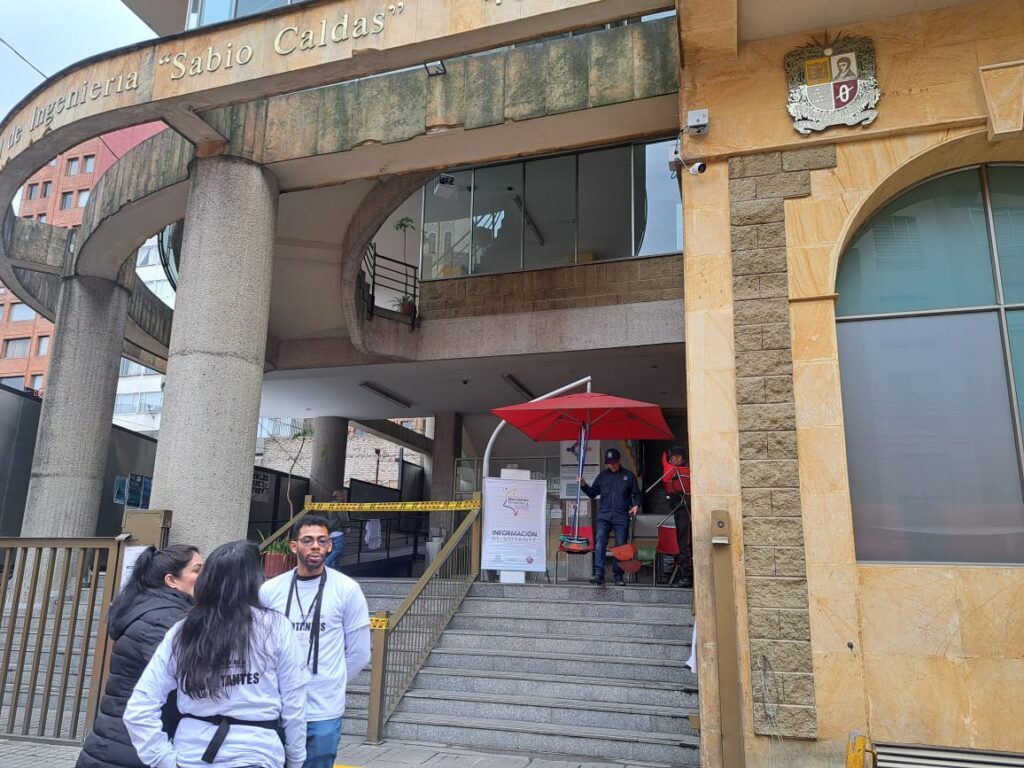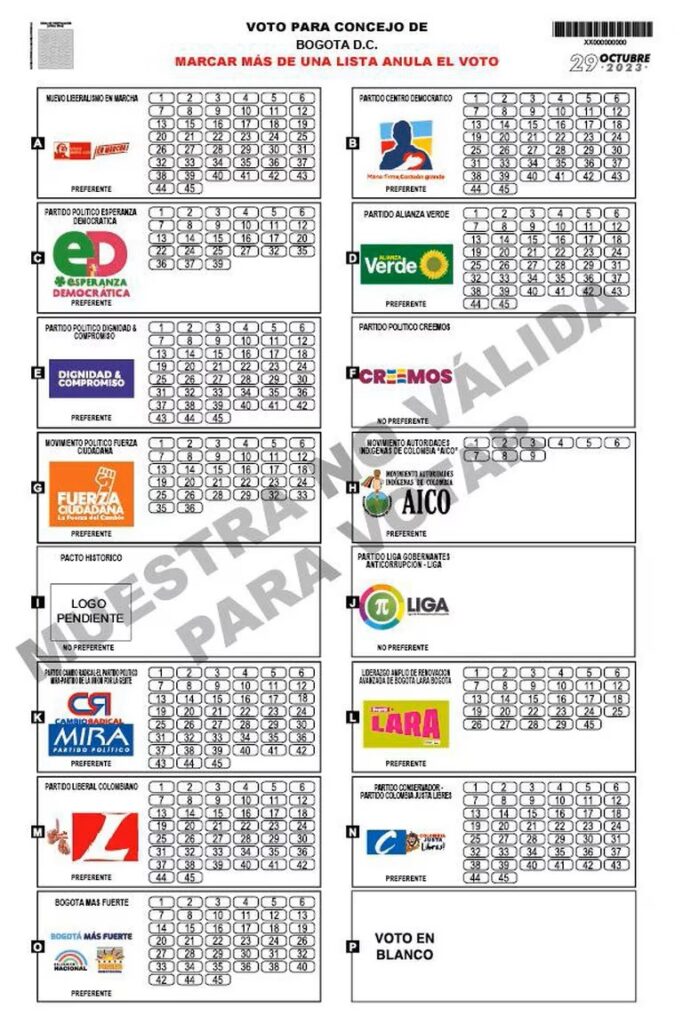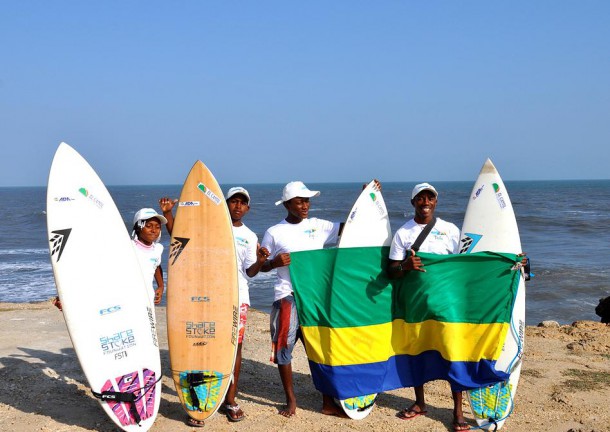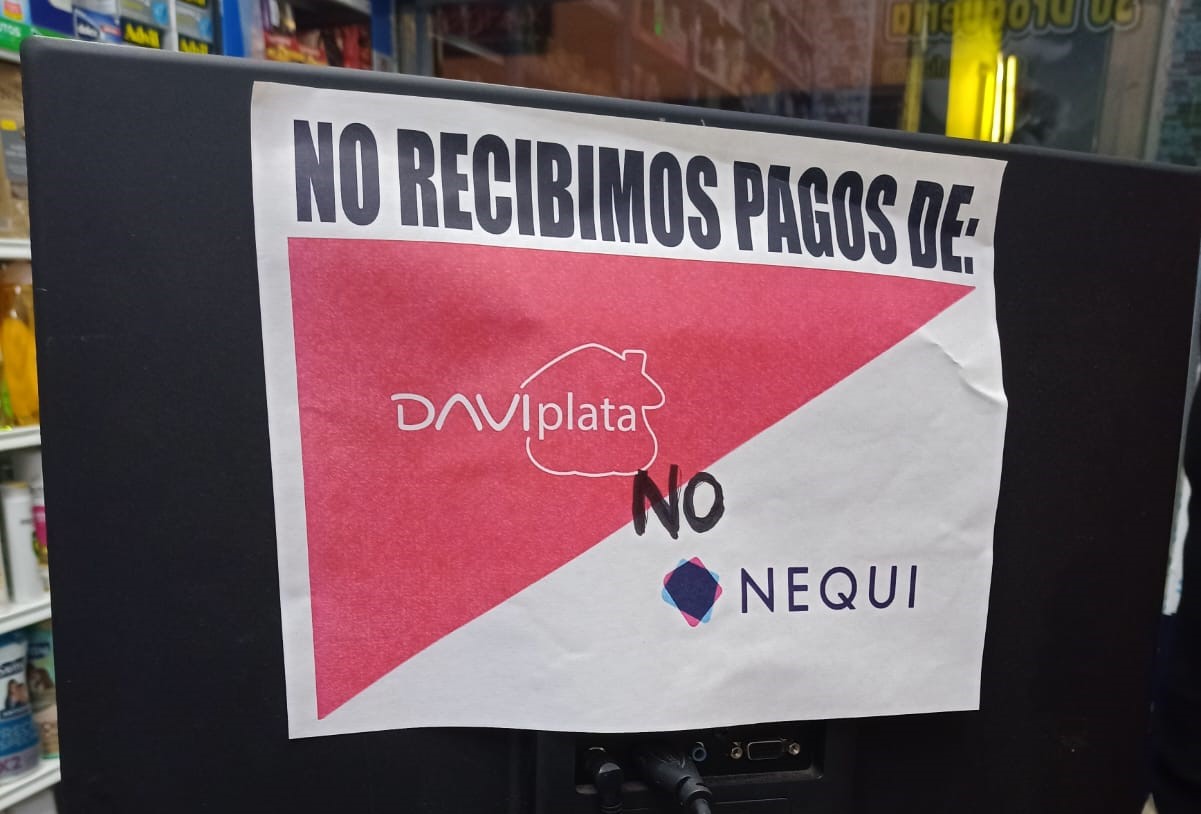Colombians head back to the polls tomorrow morning to vote in the regional elections. After the political earthquake of electing Gustavo Petro to the presidency last year, it will be interesting to see if there’s still appetite for further change.
However, it won’t be a referendum on the president. Regional politics are vitally important in a country as large as Colombia as, a lot of power is devolved. The Bogotá mayor is widely considered the second-most-powerful and influential politician in the country. In smaller towns, local influence is a big deal and will influence results via bloc votes.

Last time round, Claudia López narrowly won, making her the first female mayor elected in Bogotá, and the first LGBTQ mayor of a Latin capital. Her time in government was quickly marred by ongoing protests and her willingness to send in the riot police. As a new mayor, it wasn’t easy to handle the pandemic, and several missteps sparked some harsh criticism. followed by the onslaught of Covid which was poorly handled, especially in the early days.
Voting in regional elections is open to all residents, Colombian or foreign. Resident means an R visa for the latter cohort. Controversially, ley seca applies to us all, regardless of your ability to vote. That means no booze can be sold from 6pm today until Monday morning. It can, of course, be drunk, so it’s house party night tonight!
How will the weekend’s elections work then?
The backbone of the democratic process in Colombia, admirably, is the people. You may well know someone who’s been called up as a jurado de votación. These people, drawn at random like jury selection, will take the job of counting votes and tallying the results. Have sympathy: they’ll start at seven am and won’t finish until late afternoon.
As a voter, things are simple. Go to wherever your cédula is registered to vote and you will be given your voting slips. If you’re not sure where you are registered, you can check online here, or go to Corferías, which acts as an ‘everybody else’ station.
You will be given a slip for mayoral candidate (see below) as well as the option to vote for council and édil. The latter are hyperlocal political representatives at a localidad level, the council of 45 represent the entire city and the mayor is, well, the mayor. You can also vote en blanco (see below).

It might seem odd, but you need to cross out the person you want to vote for. The mayoral slip will have name, party and a photo to make your life easy. For council and édil, the parties will be listed with numbers at the side for some parties. Others are closed lists, meaning you cannot vote for individual candidates.
You’ll need to check what number your person corresponds to beforehand. This is why you’ll see that all council candidates are highlighting their numbers in their campaign advertising. Mark the party if you simply want anyone from that party, and add a number if you want a particular candidate of theirs.
Voto en blanco is an interesting option if you think they’re all a bunch of clowns. This option asks for the race to be rerun with entirely new contenders. No candidate can run again. However, voto en blanco must win an outright majority – if it does not, it will be discounted entirely.
The race for Bogotá mayor
There are nine men in the race and no women, so outgoing Claudia López will remain the city’s only elected female mayor for another four years. Because her win was tight, this year there’ll be a second round if no one tops 40% in the first round. This is similar to the way the national elections work.
We highlighted the three leading figures in the election: Carlos Fernando Galán, Gustavo Bolívar and Juan Daniel Oviedo in the order of most recent polling. We also covered Rodrigo Lara, but he’s fallen away. Galán is the outright favourite, and consistently in the mid thirties, but may get over the 40% mark in the first round.
The candidates fall into four basic groups:
- The centrist continuity candidates in Oviedo and Galán
- The lefties in Jorge Robledo and Bolívar
- The rightist trifecta of Lara, General Vargas and ex-defense secretary Diego Molano.
- The other two make up the ‘shrug emoji’ coalition
Neither of the continuity candidates really want to be seen as such. Dubbed “Fraudia” López, the current mayor is unpopular with many. Both Galán and Oviedo are politically similar to her but share little in terms of personality.
The lefties are quite different. Gustavo Bolívar is intertwined with and inseparable from the central government, who are openly campaigning for him. Robledo, on the other hand, is a more centre-left and oppositional figure. He’s no fan of Petro, whereas Bolívar has him on speed dial.
The rightists have little chance in a lefty city and so are largely fighting a trolling campaign, with Molano in particular taking swipe after swipe at the national government. He has made perhaps the most visionary suggestion though, a mega jail to take in criminals. This references Bukele in Salvador and is something to watch in Latin America.
Everyone agrees that crime is a huge issue in this election. All candidates have pledged more coppers, although they disagree on the numbers. They also all back smarter policing, with Big Data and AI being widely touted as the answer to the city’s ills. Lara wants drones to police us, which seems dystopian.
In terms of transport, another big issue, all are in favour of the Metro, with only Bolívar wanting it to make like Paul Weller and go underground. They also almost all oppose the now seemingly-doomed corredor verde project. Lara supports motorbikes, and no one wants to speak against the powerful drivers’ lobby.
Nobody has set out a vision of the future that’s properly costed out. There are lots and lots of vague plans and grand ideas, but worryingly few concrete ideas with actual numbers. In general, everyone is diagnosing problems but not giving a clear cure. In part, this is due to ambiguity over finances.
Working with the central government will be absolutely key, with relations across the Plaza de Bolívar freezing to the point of rivalling Pluto. Petro appears to want to wage war on the capital, the cornerstone of his narrow election victory. There is little indication of quite why he’s doing this other than vanity and possibly as a strategy to help Gus Bolívar’s chances.
Postcard from the regions
It’s been marked as the most violent campaigning cycle in years, which is a result of increasing generalised crime and a more relaxed attitude towards armed groups. That hasn’t hit Bogotá in a big way, but it’s a loud warning alarm for the direction the country may be going in.
Barranquilla is predictably Char-dominated, with Alejandro currently polling above 80%. There is no real democracy on much of the coast, and particularly not in ‘Quilla, where the clan simply dictate all political power. Cali is more closely fought, with Alejandro Eder leading Roberto Ortiz by around 11 points.
Medellín, too, is clearly marked for ex-presidential candidate Fico Gutierrez, polling well above 50%. He’s benefitting from the wild unpopularity of already-resigned Daniel Quintero Calle, who’s simply run away. He was originally an anti-corruption change candidate, so it’s interesting that the paisas have unequivocally returned to the rightwing Centro Democratico.
Elsewhere, there are a few surprises – candidates attempting to run despite being known criminals and so forth. It’s worth remembering that while Bogotá runs fairly clean, there is some absolutely wild corruption around the country. To this end, there are rewards on offer for denouncing attempts at vote-rigging, which will no doubt lead to false accusations.





